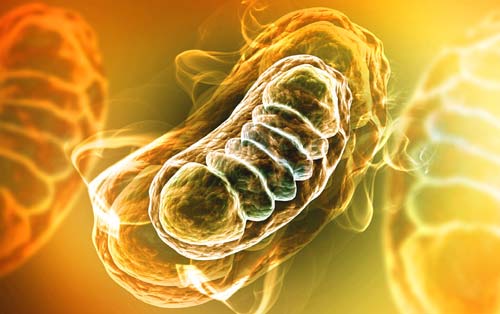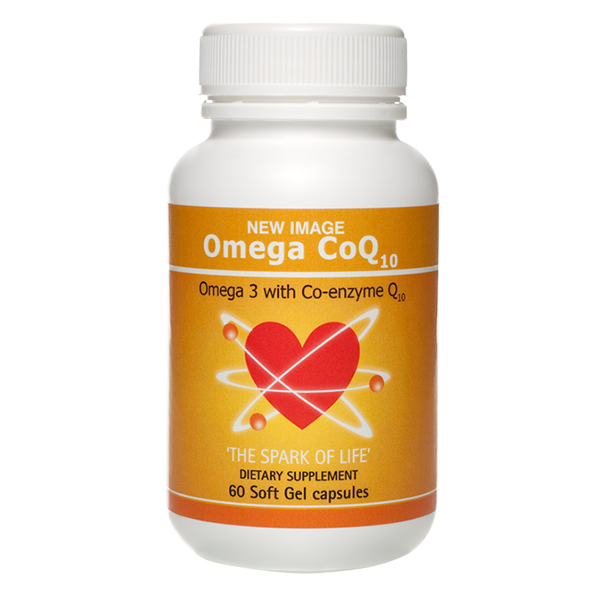Energy - CoQ10
CoQ10 goes by several nicknames: Coenzyme Q10, Vitamin Q or simply Q. Biochemists call it ubiquinone and ubiquinol. We’ll stick to CoQ10 throughout this article.
So, what is CoQ10?
CoQ10 is a fatsoluble antioxidant that naturally occurs in our body. It has been around for a long time. An oldy, but a goodie!
Antioxidants are substances that help break down free radicals, which are molecules produced in the body that cause damage. When there are too many free radicals floating around, it can cause damage to parts of your healthy body. The good news is that your body naturally produces some antioxidants (others you get from food), these antioxidants find and neutralise free radicals. So, it’s essentially a built-in defence system. One of the major roles, and why CoQ10 is so cool, is that it helps convert the food we eat into energy to power our body and brain. We can eat all of the delicious, nutritious food that we want, but if our bodies can’t absorb those nutrients and convert them to energy (a process that takes place inside our cells and has everything to do with the mitochondria), we aren’t going to get very far.

HEADS UP: If you are taking steroids, ACE inhibitors, or other drugs prescribed for heart failure, work with your doctor in adding CoQ10. In time, CoQ10 will naturally strengthen the heart.
What are mitochondria?
Well to get a bit sciencey, mitochondria, or the ‘cellular powerhouse’ literally takes glucose from the food you eat and oxygen from the air you breathe and convert them into ATP (adenosine triphosphate) the chemical form of energy in the body.
Have you ever watched kids run around and thought to yourself ‘I wish I had some of their energy’? Well that is because from the age of 30 (sometimes younger) our natural production of CoQ10 starts to decrease. Starting to make sense now? By age 50, this continues to decrease and at age 80 our CoQ10 levels can be less than at birth. Feel like a nap anyone? If you don’t have enough CoQ10, then our heart struggles to do its job and our whole body suffers with low energy and mental fatigue. The recommended amount of CoQ10 ranges from 150 to 300 milligrams per day or more in times of illness or deficiency.
CoQ10 is found in meat, fish, legumes and whole grains. The amount of CoQ10 found in these dietary sources, however, isn’t enough to significantly increase CoQ10 levels in your body. You might want to look into a high- quality supplement such as New Image™ Omega CoQ10. It has 1000mg of Fish oil containing 300mg of Omega 3 fatty acids to regulate inflammation supporting joint comfort and mobility. CoQ10 is a powerful fat-soluble antioxidant that protects your cells from damage, plus it’s essential for cellular energy production. Refueling your body with CoQ10 can boost your energy, dramatically. Who doesn’t want more energy? When you supplement with the right amount of CoQ10, it allows CoQ10 to do its job of sparking the production of your body’s cellular fuel. Because CoQ10 is fat-soluble, it is best taken with healthy fats. Our Omega CoQ10 provides essential omegas not only for cardiovascular health and joints but to help carry this around our body.
Fun Facts:
